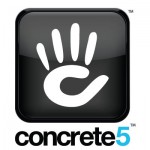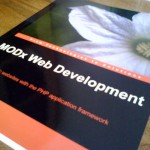
Concrete5 differs from many other content management systems on the web in that it lacks both a template engine and a theme compiler. Instead, all the core components of a site’s layouts are handled behind the scenes – meaning designers have an unprecedented degree of freedom when it comes to customizing how their site looks. As an added bonus, it also makes Concrete5 a fairly simple platform to learn from a development perspective – meaning a fledgling developer can get to work creating their own theme that much faster. Read more













